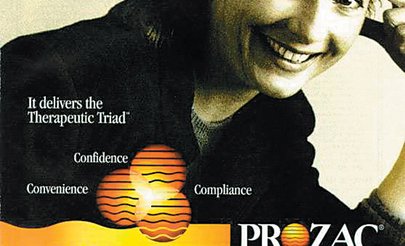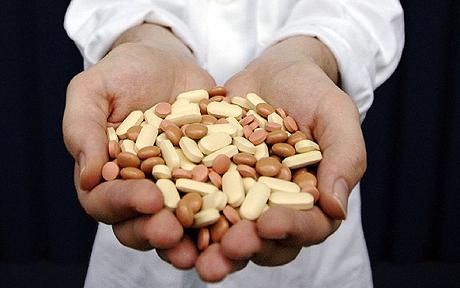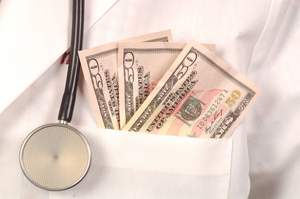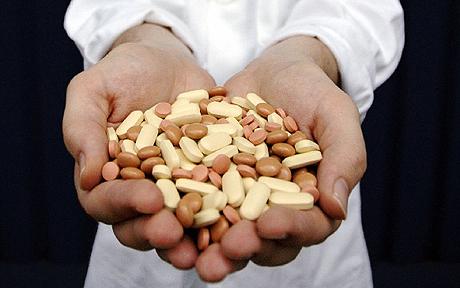
The Drugging of America
Whether the “chemical imbalance” theory is true or not, the real question is, Do antidepressants work better than placebos? Psychologist Irving Kirsch, one of the authors reviewed by Angell, used the Freedom of Information Act to obtain drug companies’ records of their negative studies from the FDA. Unlike the positive results, negative results are normally not published. (Incredibly to this writer, negative results are considered proprietary and therefore confidential.) Taking both positive and negative results into consideration, Kirsch discovered that six popular drugs — Prozac, Paxil, Zoloft, Celexa, Serzone, and Effexor — scored unimpressively when compared with placebos. Yet, as Angell writes, “because the positive studies were extensively publicized, while the negative ones were hidden, the public and the medical profession came to believe that these drugs were highly effective antidepressants.” It gets more surreal. When depressed patients were prescribed drugs such as opiates, sedatives, stimulants and even herbal remedies, Kirsch and others found their symptoms were relieved to about the same degree as with SSRI-type antidepressants.




